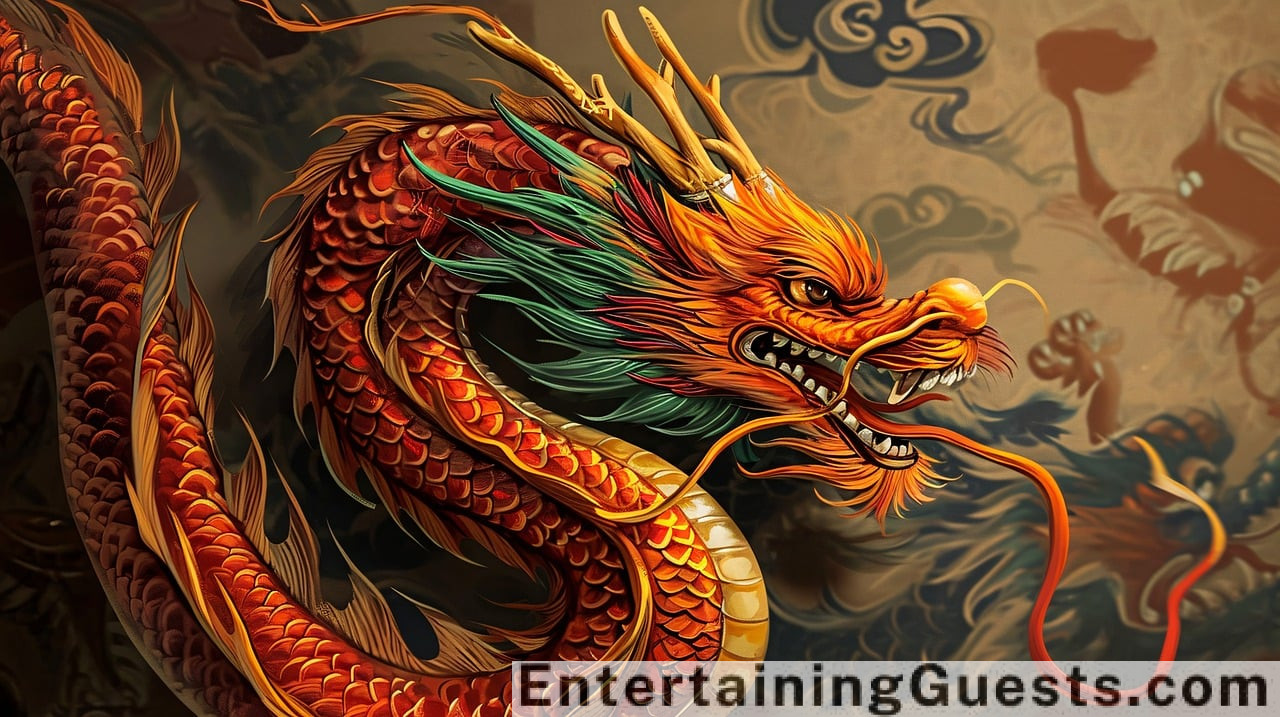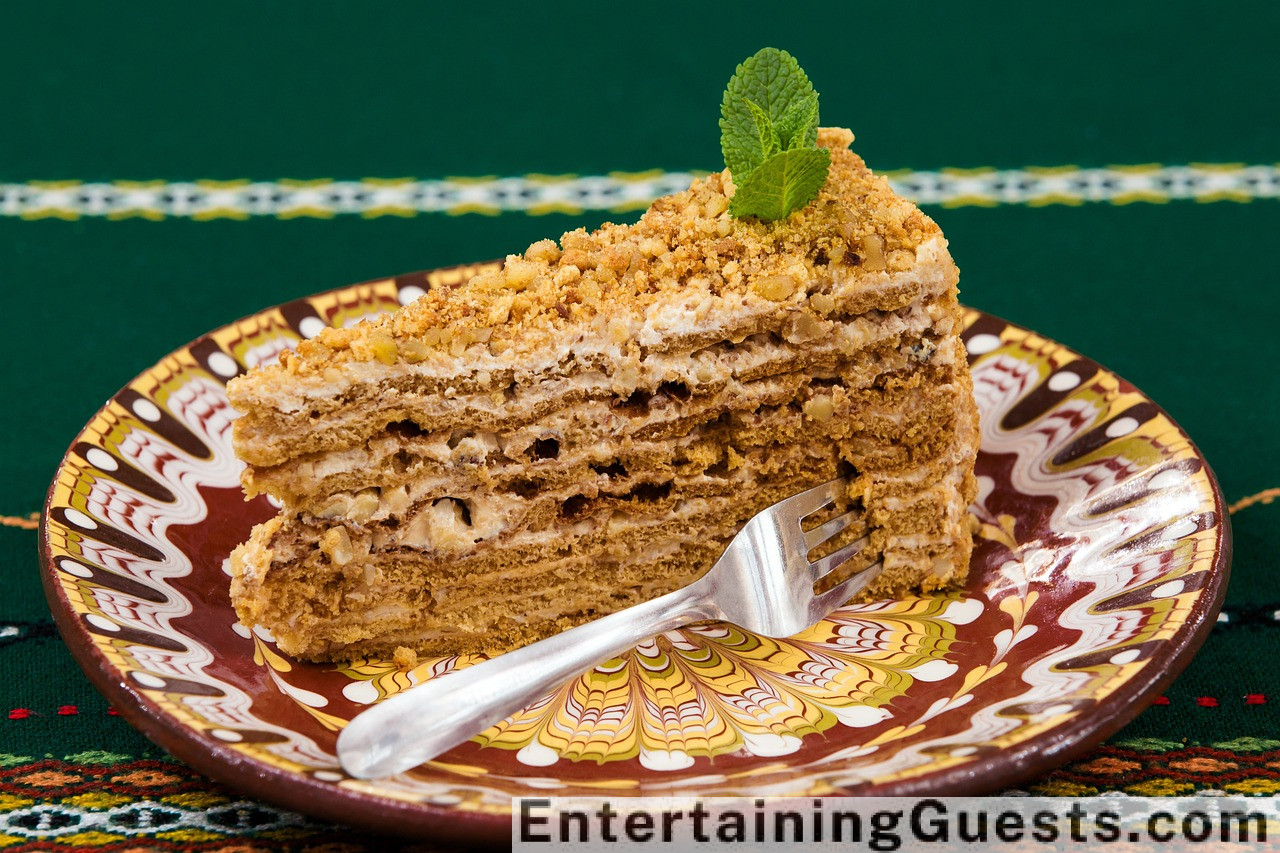In a world where east meets west in the realm of hospitality, you’ve found yourself wanting to bridge cultural gaps with grace and authenticity. Hosting guests from China offers a unique opportunity to explore a rich tapestry of traditions and modernity, blending the ancient with the contemporary. From the serene art of a traditional tea ceremony to the creative flair of a fusion cooking class, these 10 cultured ideas are designed to not only entertain but also educate and connect. As you ponder which experiences will best delight your guests, remember that each choice has the potential to transform a simple gathering into a memorable cross-cultural exchange. Keep in mind, the journey through these ideas is as enriching for the host as it is for the guests.
Key Takeaways
- Incorporate traditional activities like tea ceremonies and calligraphy workshops to offer authentic cultural experiences.
- Highlight Chinese culinary traditions through interactive sessions like dumpling making.
- Blend modern and traditional entertainment with movie nights and folk music performances.
- Engage guests in language and literary activities to deepen their appreciation of Chinese culture.
1. Traditional Tea Ceremony
Often, hosting a traditional tea ceremony offers a unique and respectful way to entertain your guests from China, immersing them in a deeply cultural experience. This ancient practice, steeped in tradition and reverence for the art of tea, provides an intimate setting for understanding and appreciating the rich cultural heritage of your guests. It’s a thoughtful way to show your respect for their culture, and it’ll likely leave a lasting impression.
You’ll need to familiarize yourself with the basic rituals involved, including the precise methods of brewing and serving tea. Don’t worry if you’re not an expert—your effort to embrace and honor their culture will speak volumes. It’s also essential to use authentic tea and utensils, which contribute significantly to the authenticity and atmosphere of the ceremony. You can find these at specialized stores or online, and sometimes, a brief explanation of each item’s significance can add depth to the experience.
2. Chinese Calligraphy Workshop
Hosting a Chinese calligraphy workshop is another exquisite way to honor and explore the rich cultural heritage of your guests from China. This art form, deeply rooted in thousands of years of history, isn’t just about writing but also a way to express one’s emotions and artistic skills. It’s a reflective and meditative practice that can offer a peaceful yet engaging experience for your guests, regardless of their familiarity with the art.
To ensure the workshop is a success and captivates your guests, consider these key elements:
- Expert Guidance: Invite a skilled calligrapher who is not only proficient in the art but also capable of explaining the historical and cultural significance behind the different strokes and styles.
- Quality Materials: Provide authentic calligraphy tools such as brushes, ink stones, rice paper, and ink sticks. This enhances the experience, giving participants a feel of the traditional practice.
- Interactive Demonstrations: Start with a live demonstration, allowing guests to see the beauty of calligraphy firsthand. Then, encourage them to try their hand under the expert’s guidance.
- Personalized Souvenirs: Let participants create their own piece of art to take home. Whether it’s their name or a meaningful Chinese character, it’s a thoughtful way to remember the experience.
3. Dumpling Making Session
Continuing with the theme of hands-on cultural experiences, a dumpling making session offers a delightful exploration into Chinese culinary traditions. This activity isn’t just about cooking; it’s a dive into a practice steeped in history and family values, making it an enriching experience for your guests from China.
You’ll start by introducing the essential ingredients needed for dumpling fillings, which vary but often include minced pork, cabbage, and chives. It’s crucial to mention the significance of these ingredients in Chinese culture, respecting their origins and how they contribute to the dish’s flavors.
Then, you’ll move on to the art of dough making and rolling, a skill that requires patience and precision. Here, you can highlight the importance of texture and how it contributes to the final taste of the dumpling. This process is not just about following a recipe; it’s about the feel of the dough in your hands and understanding its elasticity.
The most engaging part might be shaping the dumplings. Each fold and pinch not only seals the filling inside but also represents the care and thought that goes into preparing a meal for loved ones. This moment can spark conversations about family traditions and the memories tied to dumpling making in Chinese households.
4. Cultural Exchange Evening
As you plan your cultural exchange evening, consider incorporating traditional Chinese games, which offer a lively way to learn about and appreciate the complexity and joy found in China’s rich heritage. Additionally, sharing insights into the Chinese tea ceremony can provide a serene and educational experience, highlighting the artistry and philosophy behind this ancient practice. Both activities promise to enrich your event with meaningful cultural dialogue and mutual respect.
Traditional Chinese Games
For an engaging cultural exchange evening, consider introducing traditional Chinese games that offer insight into China’s rich historical tapestry. These activities not only entertain but also serve as a bridge for cultural understanding and appreciation. Here are four captivating options to consider:
- Mahjong: A tile-based game that requires skill, strategy, and a bit of luck, enjoyed by people of all ages.
- Chinese Chess (Xiangqi): A strategy board game which is an excellent way to challenge the mind and learn about military strategy.
- Weiqi (Go): An ancient board game focusing on territory control and strategic planning, known for its depth and complexity.
- Jianzi: A traditional Chinese game involving a heavily weighted shuttlecock, great for promoting physical activity and coordination.
These games are not just pastimes but gateways to understanding the cultural heritage of China.
Chinese Tea Ceremony Insights
Diving into the heart of Chinese culture, you’ll find the tea ceremony, an elegant tradition that showcases the art of tea preparation and appreciation. Engaging in this ritual isn’t just about drinking tea; it’s a profound cultural exchange that invites you to slow down and connect with others on a meaningful level.
| Aspect | Insight |
|---|---|
| Significance | Symbolizes respect, purity, and tranquility. |
| Teaware | Includes special teapots, cups, and tools. |
| Tea Types | Green, black, oolong, and pu-erh are popular. |
You’ll discover that each gesture and element in the ceremony has its own significance, turning a simple cup of tea into a bridge between cultures. So, when you share this experience, you’re not just sharing a drink; you’re weaving a thread of mutual understanding and respect.
5. Chinese Movie Night
Why not kick off your Chinese movie night by selecting a critically acclaimed film that resonates with both modern and traditional Chinese culture? This unique experience not only entertains but also immerses your guests in a cinematic journey through China’s rich storytelling tradition. To ensure your movie night is a hit, consider these captivating elements:
- Diverse Genres: From the heart-pounding action of martial arts to the subtle beauty of period dramas, choose films that showcase the wide range of genres within Chinese cinema. This variety keeps the night interesting and caters to different tastes.
- Award-Winning Directors: Highlight movies directed by internationally recognized talents like Zhang Yimou or Chen Kaige. Their works are not only visually stunning but also deeply engaging, offering a glimpse into the complexities of Chinese society and history.
- Cultural Insights: Opt for films that provide cultural insights or historical perspectives. Movies that explore traditional festivals, historical events, or everyday life in China can spark fascinating discussions among your guests.
- Contemporary Hits: Don’t forget to include some contemporary blockbusters. Modern Chinese cinema is vibrant and innovative, with stories that resonate with both domestic and international audiences.
6. Local Sightseeing Tours
Exploring local sights offers an unparalleled opportunity to immerse your guests from China in the unique history and culture of your area. By taking them on local sightseeing tours, you’re not just showing them the landmarks but also sharing stories and traditions that define your region.
Start by researching sites that hold cultural significance or natural beauty, as these elements resonate well with visitors seeking authentic experiences. Historic buildings, local markets, and scenic parks often serve as perfect starting points. It’s essential to tailor the tour to your guests’ interests, whether they lean towards architecture, nature, or culinary adventures.
Consider hiring a knowledgeable guide who can communicate effectively in Mandarin, if possible. This thoughtful gesture ensures that your guests fully understand the narratives and nuances of each site, enhancing their overall experience. If a bilingual guide isn’t available, don’t worry. Simple gestures, like providing written materials in Chinese or using translation apps, can bridge the language gap and show your dedication to making their visit enjoyable.
Remember, the goal is to create a memorable and engaging experience. Encourage your guests to interact with the environment, whether it’s tasting local delicacies, trying their hand at traditional crafts, or simply soaking in the atmosphere of a bustling market.
Lastly, be mindful of your guests’ comfort and preferences throughout the tour. Keep the pace leisurely, allowing ample time for exploration and rest. Your attentiveness to their needs will not only make the tour more enjoyable but also deepen their appreciation for your culture and hospitality.
7. Chinese Folk Music Performance
Introducing your guests from China to a performance of Chinese folk music offers an immersive experience into the heart of their cultural heritage. This form of entertainment not only showcases the melodious beauty of traditional Chinese instruments but also bridges cultural gaps, creating a shared experience that’s both enlightening and enjoyable. By selecting a performance that highlights various regional styles, you’re providing a platform for your guests to connect with their roots while sharing the diversity of Chinese culture with others.
To ensure the event captivates and keeps your audience engaged, consider the following:
- Select a diverse repertoire: Incorporate music from different regions of China to showcase the rich tapestry of sounds and styles. This variety ensures there’s something for everyone to enjoy.
- Include interactive sessions: Arrange for a segment where the musicians explain the history and significance of the instruments and the music being played. This educational aspect enriches the experience.
- Choose an intimate venue: A smaller, more personal setting allows for a closer connection between the performers and the audience, making the experience more memorable.
- Offer a mix of performances: Balance instrumental pieces with folk songs and dances to provide a comprehensive overview of Chinese folk culture.
8. Mandarin Language Games
After immersing in the melodious realms of Chinese folk music, engaging your guests with Mandarin language games offers a lively and educational continuation of cultural exploration. These activities not only provide fun but also deepen your understanding and appreciation of the Chinese language and culture.
Consider starting with something simple yet challenging, like “Chengyu charades.” Chengyu are four-character idiomatic expressions, rich in meaning and history. You’ll have a blast trying to act them out while others guess. It’s a fantastic way to introduce these expressions to those unfamiliar, and a test of knowledge for those who are.
Next, you can dive into “Pictionary with a twist,” where participants draw Chinese characters, and others guess their meaning. This game is particularly engaging because it challenges both the artist’s skill in rendering the character and the guessers’ understanding of Chinese vocabulary. It’s a delightful way to familiarize everyone with the beauty and complexity of Chinese characters.
Lastly, “Mandarin tongue twisters” can lighten the mood with laughter and camaraderie. Attempting to pronounce tricky phrases quickly is not only amusing but enhances pronunciation skills. You’ll find this activity breaks the ice and encourages everyone to let loose and enjoy the learning process.
Incorporating these Mandarin language games into your gathering shows a deep respect and appreciation for Chinese culture. It’s a thoughtful way to entertain, educate, and connect with your guests, creating memories that they’ll cherish and talk about long after they’ve returned home.
9. Chinese Poetry Reading
Delve into the heart of Chinese culture with an evening of poetry reading, where the timeless verses of ancient poets come alive in the comfort of your gathering. This unique experience not only showcases the rich literary heritage of China but also offers a window into the soul of its people, their emotions, and their philosophical outlook. Here’s how you can engage and captivate your guests:
- Select a Range of Poets: Include works from revered poets like Li Bai, Du Fu, and Wang Wei, to modern poets. This variety will display the evolution of Chinese poetry and its diverse themes.
- Provide Translations and Context: Offer English translations and brief backgrounds for each poem. Understanding the context enhances appreciation and sparks deeper conversations.
- Encourage Participation: Invite your guests to read their favorite poems or the ones that resonate with them. This interactive element adds a personal touch and fosters a connection with the verses.
- Incorporate Traditional Music: Background music played on classical Chinese instruments like the guqin or erhu can set the atmosphere and complement the poetry reading.
10. Fusion Cooking Class
Embark on a culinary adventure that blends the rich flavors of Chinese cuisine with your local dishes in our Fusion Cooking Class. It’s a unique opportunity to explore the depth of culinary traditions, marrying the vibrant tastes of China with the distinctive flavors of your own culture. You’ll dive into a hands-on experience, learning to prepare dishes that respect the essence of both cuisines while creating something entirely new and exciting.
Imagine the delight in discovering how local ingredients can enhance traditional Chinese recipes, or how Chinese cooking techniques can transform local dishes. It’s not just about mixing ingredients; it’s about weaving cultures together on a plate, offering a taste of unity and understanding. You’ll be guided by experienced chefs who are well-versed in both culinary worlds, ensuring that you gain valuable insights into the art of fusion cooking.
This class isn’t merely about food preparation; it’s a dialogue between cultures. You’ll learn the history behind the dishes you create, understanding the significance of each ingredient and technique. It’s an immersive experience that goes beyond the kitchen, fostering a deeper appreciation for the richness of Chinese culinary heritage and how it can beautifully blend with other culinary traditions.
Frequently Asked Questions
How Can You Accommodate Dietary Restrictions or Preferences, Such as Vegan or Gluten-Free Options, During the Dumpling Making Session and Fusion Cooking Class?
When accommodating dietary restrictions like vegan or gluten-free needs during your cooking classes, it’s crucial to prepare. You’ll want to stock up on alternative ingredients like gluten-free flour for dumplings and plant-based fillings. Don’t forget to clearly label dishes and ingredients to avoid any mix-ups. This thoughtful approach ensures everyone enjoys the experience, feeling included and respected. Plus, it’s a great way to broaden your culinary skills!
What Measures Are Taken to Ensure the Authenticity and Respectful Representation of Chinese Culture in Activities Like the Chinese Calligraphy Workshop and Cultural Exchange Evening?
To ensure activities like calligraphy workshops truly honor Chinese culture, you’ll want to collaborate with experts and practitioners from the community. They’ll guide the content and execution, ensuring everything’s rooted in respect and authenticity. Additionally, incorporating historical context and cultural significance into the sessions enriches the experience, allowing you to present a well-rounded view. It’s about celebrating and sharing the beauty of these traditions in a way that’s both genuine and engaging.
Are There Any Age Restrictions or Considerations for Participants in More Physically Demanding Activities, Such as the Local Sightseeing Tours and Chinese Folk Music Performance?
When you’re planning activities like local sightseeing tours and Chinese folk music performances, it’s essential to consider everyone’s abilities. Yes, there are age restrictions and considerations to ensure everyone’s safety and enjoyment. For physically demanding tours, there might be age limits or suggestions for participants. It’s always best to check the specific requirements or recommendations for each event to make sure it’s suitable for everyone in your group.
How Do You Address Language Barriers to Ensure All Guests, Regardless of Their Mandarin Proficiency, Can Fully Enjoy and Participate in Activities Like Mandarin Language Games and Chinese Poetry Reading?
You’ll want to bridge language gaps so everyone can dive into activities, regardless of their Mandarin skills. Hiring translators or using translation apps are great starts. For group activities like Mandarin language games or Chinese poetry reading, consider bilingual instruction or visual aids that can help non-speakers follow along. Also, encouraging participation in pairs or small groups where at least one person is fluent can foster a more inclusive and enjoyable experience for all.
What Type of Accommodations or Modifications Can Be Made for Guests With Mobility Issues or Disabilities to Ensure They Can Fully Participate in and Enjoy All the Activities, Especially Those Held in Potentially Less Accessible Locations Like the Traditional Tea Ceremony and Chinese Movie Night?
To ensure everyone enjoys activities, including those with mobility issues, you’ll need to make thoughtful adjustments. For the traditional tea ceremony and movie night, consider arranging accessible venues or providing mobility aids. Additionally, offering virtual participation options can include those who can’t physically attend. Always prioritize comfort and accessibility, asking guests for their preferences and requirements in advance to tailor experiences that everyone can fully enjoy and participate in.
Conclusion
You’ve now got a treasure trove of ideas to keep your guests from China both entertained and deeply touched by your thoughtful efforts to celebrate their culture. From the tranquility of a traditional tea ceremony to the joyous laughter of a dumpling-making session, each activity promises to forge unforgettable memories and a deeper understanding between cultures. Let these cultured ideas be the bridge that not only entertains but also connects hearts and minds in a celebration of cultural diversity and mutual respect.







